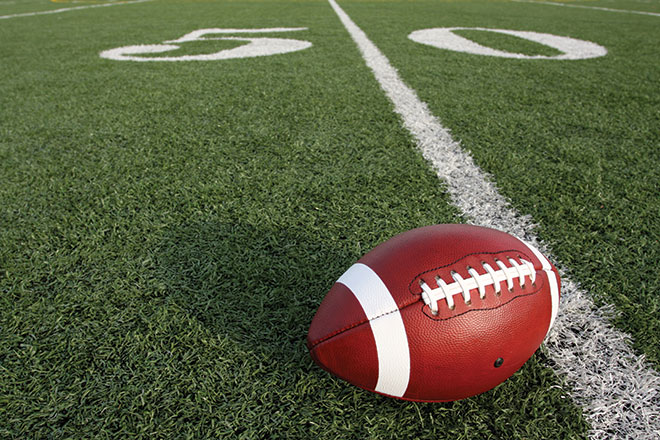By Dr. Jeffrey Noblin
September in the South means one thing — it’s football season! As young athletes return to play, injuries are a regular occurrence, specifically trauma, concussions, overuse, and heat- related incidents.
Traumatic injuries to the knee and shoulder are common, especially in football, and can adversely affect athletes’ long-term involvement in their sport. Football players also have a high chance of ankle sprains due to the surfaces on which they play and the cutting motions involved.
Despite protective equipment, some athletes also are susceptible to concussions. A concussion is a change in mental state caused by a traumatic impact and is due to the high speeds and full contact aspects of certain sports. Not all concussions result in a loss of consciousness. Signs of a possible concussion include headache, dizziness, nausea, loss of balance, drowsiness, numbness and tingling, difficulty concentrating and blurry vision. Athletes with concussions should not return to play until cleared by a healthcare professional.
Overuse injuries are seen in about 28 percent of young football players between the ages of 5 and 14. Back and knee pain are two of the most common complaints associated with overuse.
Heat injuries are a major concern for young athletes, especially in our area of the country, as humidity and temperatures in late summer and early fall typically are at their highest. Intense physical activity can result in excessive sweating that depletes the body of salt and water. Early symptoms of heat-related injuries include painful cramping of major muscle groups. If not recognized and treated with body cooling and hydration, it can progress to more a more serious condition.
Injury prevention starts with a pre-season health and wellness evaluation by a healthcare professional. Other tips for a safe season of play include incorporating proper warm-up and cool-down exercises before and after every practice or game, as well as consistent strength training and stretching, adequate hydration and proper protective equipment. One important football rule is never leading with the helmet, as tackling always should occur with the head up.
If an injury occurs, speak with a sports medicine professional and get proper treatment to prevent future issues.
Dr. Jeffrey Noblin is an orthopaedic sports medicine specialist with Bienville Orthopaedic Specialists. Reach him at (228) 230-BONE (2663).


